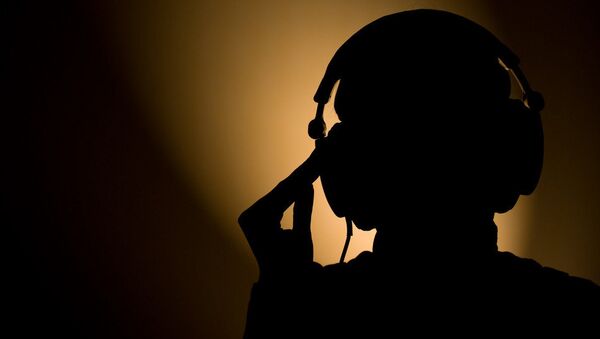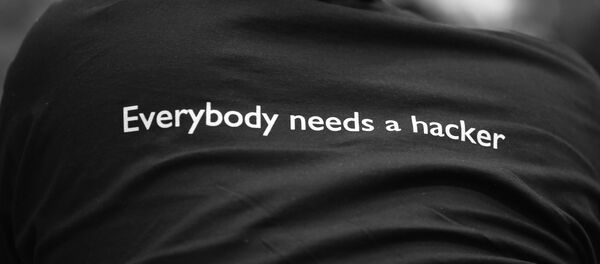The decision in Washington, where the HoR voted 388-88 in favour of the USA Freedom Act, is the second time the House has voted to restrict the targeted surveillance practices of government agencies, and comes two years after former National Security Agency (NSA) contractor Edward Snowden first revealed documents relating to the agency's bulk collection practices.
US Decision Has Global Impacts
However, more than just having an impact in the US, the overwhelming support for less surveillance among American politicians seemingly vindicates Snowden's motives for releasing information about mass spying, and also draws into question the British Conservative party's plans to increase mass online detection, via the Draft Communications Data Bill, also known as the Snoopers' Charter.
The #SnoopersCharter is being revived. We need donations to fight mass surveillance! https://t.co/m37QX0TmQm pic.twitter.com/IRG5gTCvDE
— PrivacyInternational (@privacyint) May 8, 2015
The highly controversial charter would make all Internet and mobile phone companies keep the records of customers' browsing activities, social media use, emails, voice calls and even online gaming habits for a year.
Attempts to pass the plans were blocked by the Tories' former coalition partners the Liberal-Democrats in the previous government, however the Conservative party's majority win in the recent British general election would allow David Cameron to pass the bill without opposition.
@libertyhq @bbw1984 Will #DavidCameron live to regret abolishing #HumanRightsAct and introducing #SnoopersCharter? pic.twitter.com/4oQQJNruvC
— Gavin James (@Gavin_James_uk) May 12, 2015
Home Secretary Theresa May, who has been charged with putting together the surveillance bill, said in a BBC interview that she would be pushing to revive plans to give intelligence agencies more powers.
"David Cameron has already said, and I've said, that a Conservative government would be giving the security agencies and law enforcement agencies the powers that they need to ensure they're keeping up to date as people communicate with communications data.
"We were prevented from bringing in that legislation into the last government because of the coalition with the Liberal Democrats and we are determined to bring that through, because we believe that is necessary to maintain the capabilities for our law enforcement agencies such that they can continue to do the excellent job, day in and day out, of keeping us safe and secure."
'Assault on Rights of Ordinary Britons'
Various human rights and civil liberties groups have long been in opposition to proposals such as the Snoopers' Charter, and have raised fresh opposition to plans to revive the measures.
There’s no argument more intellectually fallacious & insidious than “if you have nothing to hide, you have nothing to fear” #SnoopersCharter
— Dave Jones (@WelshGasDoc) May 9, 2015
"Raising the specter of expanded surveillance powers only moments after the election results have emerged is a clear indication of the forthcoming assault on the rights of ordinary British citizens," Carly Nyst, Privacy International's legal director, said.
"Theresa May's comments confirm that widespread public concern about the threats posed to online privacy and expression by Internet monitoring powers has been completely ignored by the new government.
"Reviving it [Snoopers' Charter] as a policy priority is a clear sign both of an insatiable appetite for spying powers, and intentions to continue to sacrifice the civil liberties of Britons everywhere on the altar of national security."
Snoopers' Charter — Hard to Justify
While there has been ongoing opposition towards such measures, the vote against US mass surveillance has seemingly made it far more difficult for the British government to justify granting intelligence agencies more power when it comes to tracking online activities.
The Snowden revelations have also added to the public's growing distrust in the government when it comes to spying practices, with online petitions placing pressure on local MPs to vote against the government's planned measures.
A poll, commissioned by the Joseph Rowntree Reform Trust last year found that just one in eight people thought the British government could be trusted to set limits on surveillance.




